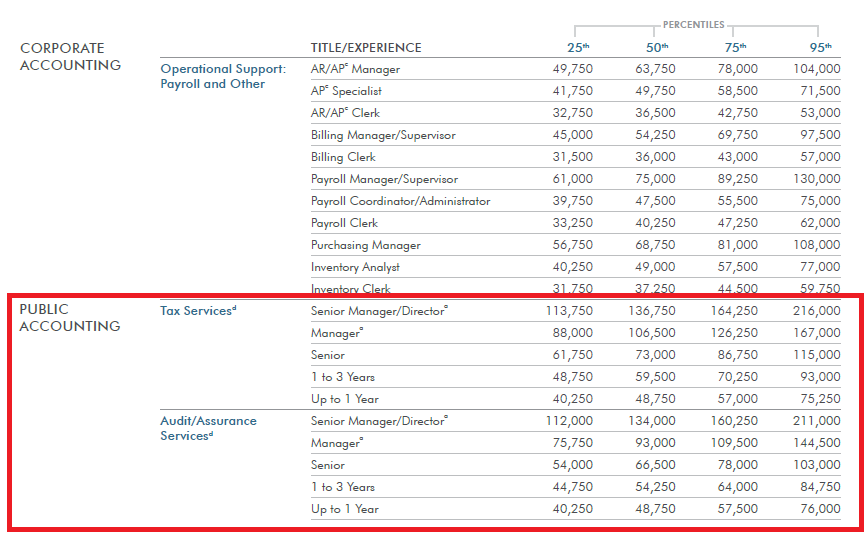
If you love environmental issues and have the passion to become an environmental consultant, this may be the career you want. Not only will this career give you a broad range of experience and skills, but it can also lead to new roles. Your future career options include becoming an Executive Director at a nonprofit organization or starting your own. Your dedication to environmental protection may even lead to public office. If you can handle the pressures of public life, it is possible to be an adviser for high-ranking officials. Whatever your goals may be, becoming an environmental advisor will equip you with the skills to influence environmental policies. And you'll get to make a real difference by protecting our world.
Postgraduate degrees
A Postgraduate degree may be an option to become an Environmental Consultant, depending on the level of your qualifications. There are many areas of environmental engineering. These professionals help governments develop regulations to reduce environmental pollution. Environmental engineers need to be good communicators. This field requires a broad skill set and a talent for problem solving.
An environmental career involves knowledge of science and policy as well as writing. Reading Strunk & White is a great way for you to develop your writing skills. Many people work as field consultants or environmental technicians. This will allow them to gain experience in collecting, analyzing, and reporting on environmental samples. After graduating, many environmental jobs lead to senior-level roles, much like corporate professionals. These positions are available only to individuals with at least two- to five years experience.

Experience
Many jobs in the environment require graduate-level education. A bachelor's level degree is enough, but some consultancies may require a masters. You can gain relevant experience and education by visiting local environmental agencies or looking at employee biographies. Most environmental consultants work in a consulting firm. They are often hired by both the private and public sectors. The type of position determines the experience required to be an environmental consultant.
Environmental consultants often work as project managers or supervise staff for clients. To understand the needs of the industry, they study environmental laws and regulations. They also read scientific reports and practice guidelines. Being an environmental consultant requires excellent communication skills as well as organizational skills. Their experience helps them work more efficiently and to come up with better solutions. Strong project management skills are essential as they often work with professionals. They can manage teams, keep clients files organized, and complete projects on schedule.
Salary
The salaries for environmental consultants can range from $17,203 up to $458,634. The average annual wage for an environment consultant is $76,530. Environmental consulting jobs starting at entry level pay between $38,000- $47,000. The highest earners make over $180,000. Salary ranges are also dependent on experience, location, years in the industry, and years. ZipRecruiter has analyzed employer job postings as well as third-party data sources to provide salary information.
The average salary of an environmental specialist varies depending upon many factors. A person's level of education and experience will affect their starting salary, and they can try to negotiate a higher salary if they have more experience. Additional factors that can affect the salary include education and special abilities. The Professional Salary Report provides more information and a range of salary options for environmental professionals. However, it is important to know the regional differences and the annual salary ranges to determine what is appropriate for you.

Career prospects
Environmental consulting offers many career opportunities. A degree is in environmental science could help you get there. Some jobs in the environmental sector require prior experience. However, there are graduate training opportunities. Volunteering for local environmental agencies will give you valuable work experience. Many environmental consultants work with consulting firms that are employed by both the private sector and the commercial sector. This type job requires a solid understanding of business procedures. Candidates should carefully consider the degree plans they have.
Being a consultant in environmental matters requires a thorough knowledge of current laws and regulations as well as exceptional analytical and problem-solving skills. Senior environmental consultants often manage project resources and can even assist in business development. In addition to having solid soft skills and knowledge, environmental consultants must be able to meet tight deadlines. Many consultants are expected to work under extreme pressure. This type of job is best for those who enjoy working with other people.
FAQ
Why should you hire consultants?
You might need consultants for a variety of reasons.
-
You may have a problem or project that your organization needs to solve.
-
You want to increase your skills and learn something new
-
It is important to work with an expert on a subject area
-
You have no other choice but to do the job.
-
You feel overwhelmed by all the information and don’t know where to begin.
-
It's impossible to afford to hire someone full-time.
The best way to find a good consultant is through word of mouth. Ask your friends and family if they know of any reliable consultants. If you are already acquainted with someone who works as an advisor, ask them for recommendations.
If you decide to use online directories like LinkedIn, use the "Search People" feature to look for consultants in your area.
How do I become a successful consultant?
It is important to identify an area of passion. You must then build relationships. It is crucial to learn about your clients and understand their needs. And finally, you must deliver results for them.
You don't have to be the best at everything, but you do have to be better than everyone else. You also need to have a passion for what you do. It doesn't suffice just to say "I'm going be a Consultant." You have to believe in yourself, and in what you are doing.
How much does it take to hire a consultant
Many factors go into determining how much it costs to hire a consultant. These factors are:
-
Project size
-
Time frame
-
Scope of employment
-
Fees
-
Deliverables
-
Other factors to consider include location, experience, and other considerations.
What is the difference between a consultant and an advisor?
A consultant provides advice on a topic. A consultant offers solutions to problems.
To help clients achieve their goals, a consultant works directly with them. Clients are referred to advisors through books, magazines and lectures.
Statistics
- 67% of consultants start their consulting businesses after quitting their jobs, while 33% start while they're still at their jobs. (consultingsuccess.com)
- So, if you help your clients increase their sales by 33%, then use a word like “revolution” instead of “increase.” (consultingsuccess.com)
- WHY choose me: Why your ideal client should choose you (ex: 10 years of experience and 6-week program has helped over 20 clients boost their sales by an average of 33% in 6 months). (consultingsuccess.com)
- Over 62% of consultants were dissatisfied with their former jobs before starting their consulting business. (consultingsuccess.com)
- On average, your program increases the sales team's performance by 33%. (consultingsuccess.com)
External Links
How To
How do you find the best consultant?
It is important to first ask yourself what you expect from a consultant when searching for one. Before you start looking for someone to work with, it's important that you know your expectations. It is important to make a list with all the requirements you have for a consultant. This could include things like; professional expertise, technical skills, project management ability, communication skills, availability, etc. Once you've listed out these requirements, then you may want to consider asking some friends or colleagues who they would recommend. Ask your friends or colleagues about any negative experiences they have had with consultants, and compare their recommendations with yours. If you don't have any recommendations, try doing some research online. You will find many websites such as LinkedIn, Facebook Angie's List, Indeed and Indeed where people can leave reviews about their past work experiences. Consider the ratings and comments of other candidates and use these data to start your search for potential candidates. Once you have a shortlist, be sure to contact potential candidates directly to schedule an interview. You should discuss your requirements with the candidates and ask them how they can help. It doesn’t matter if the person was recommended to you; it matters that they understand your business goals, and can show you how they can help.